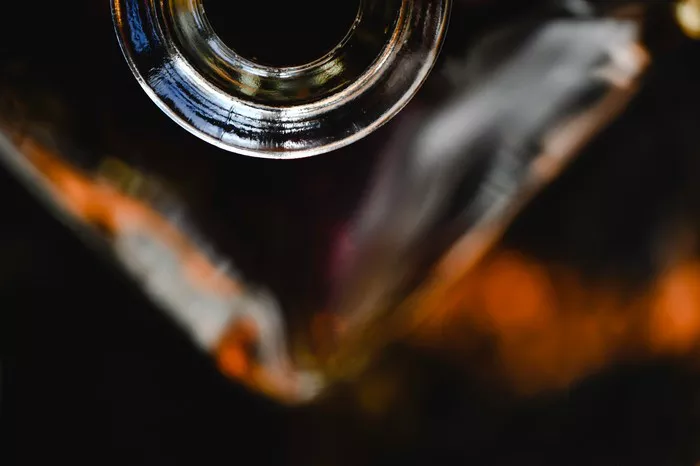When it comes to spirits, few are as iconic and celebrated as bourbon and whiskey. These two libations have been cherished by enthusiasts for generations, often enjoyed neat, on the rocks, or as a base for classic cocktails. While they may appear similar, there are key differences between bourbon and whiskey that set them apart in terms of flavor, production methods, and cultural significance. In this article, we’ll explore these distinctions in-depth, providing you with a comprehensive guide to understanding the world of whiskey.
1. Origins and Geography
a. Bourbon
Bourbon, often dubbed “America’s Native Spirit,” has deep roots in the United States, particularly in Kentucky. In fact, to be labeled as bourbon, a whiskey must be made in the United States, with Kentucky being the epicenter of production. The limestone-rich water in this region is said to contribute to the unique flavor profile of bourbon.
b. Whiskey
Whiskey, on the other hand, is a broad category that includes a wide range of spirits produced worldwide. It has roots in Ireland and Scotland, where it was historically known as “whisky.” Each country has its own distinct whiskey-making traditions, leading to diverse flavors and characteristics.
2. Ingredients and Mash Bill
a. Bourbon
Bourbon is known for its strict regulations regarding ingredients. By law, bourbon must be made from at least 51% corn, giving it a sweet and slightly spicy flavor. The remaining grains typically include rye, barley, and wheat. This unique blend contributes to the caramel and vanilla notes found in bourbon.
b. Whiskey
Whiskey, in contrast, has more flexibility when it comes to ingredients. While grains like corn, rye, barley, and wheat are common in whiskey production, there are no strict rules dictating their proportions. This leads to a broader spectrum of flavors, from the fruity and light to the robust and smoky.
3. Distillation and Aging
a. Bourbon
Bourbon is distilled to no more than 160 proof and enters the barrel for aging at no more than 125 proof. It must also be aged in new, charred oak barrels. The aging process for bourbon often lasts anywhere from two to four years, although some premium varieties age much longer, resulting in a rich and complex taste.
b. Whiskey
Whiskey, depending on its type, can vary in distillation proof and aging requirements. Scotch whisky, for instance, is often aged for a minimum of three years in oak barrels, while Irish whiskey may be triple-distilled for smoothness. The aging period and barrel types differ greatly among various whiskey styles.
4. Flavor Profiles
a. Bourbon
Bourbon is celebrated for its bold and robust flavors. Its prominent sweetness, complemented by notes of caramel, vanilla, and oak, makes it a favorite for sipping or crafting cocktails like the classic Old Fashioned or Mint Julep.
b. Whiskey
Whiskey encompasses a wide range of flavors, from the smoky and peaty notes of Scotch whisky to the light and fruity tones of Irish whiskey. American whiskey, such as Tennessee whiskey, often exhibits a smoother, slightly sweet character.
5. Legal Definitions and Labeling
a. Bourbon
To be legally called bourbon, a whiskey must adhere to specific guidelines outlined by the U.S. government. These include the previously mentioned requirements for ingredients, distillation, and aging. Bourbon labels must accurately represent these standards.
b. Whiskey
Whiskey labeling varies significantly by region and style. Regulations can differ from country to country, making it essential for consumers to read labels carefully to understand the type and quality of whiskey they are purchasing.
6. Cultural Significance
a. Bourbon
Bourbon holds a special place in American culture and history. It’s often associated with Southern hospitality and traditions. The Kentucky Bourbon Trail, for example, allows enthusiasts to explore the heart of bourbon country, visiting iconic distilleries and learning about the craft.
b. Whiskey
Whiskey has its own rich cultural heritage in countries like Ireland and Scotland, where it’s deeply rooted in folklore and traditions. Whiskey tours and tastings offer visitors a chance to delve into the history and craftsmanship behind each unique variety.
In conclusion, while bourbon and whiskey both belong to the world of distilled spirits, their differences in origin, ingredients, production methods, and flavors make each a distinct experience.


